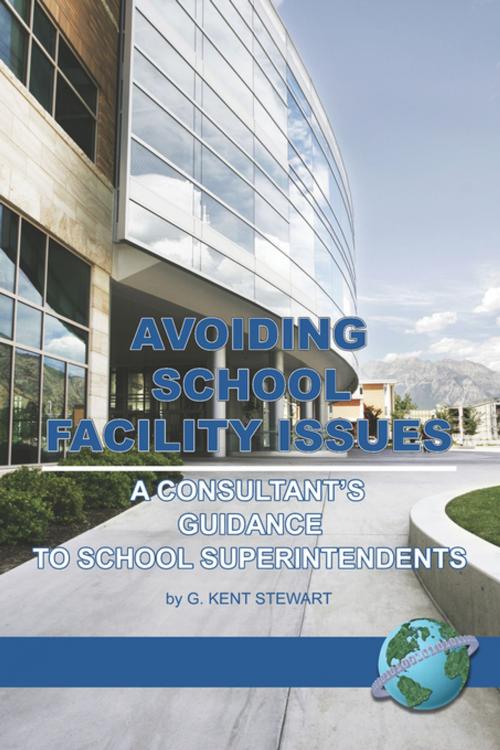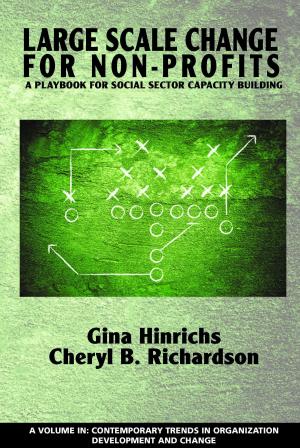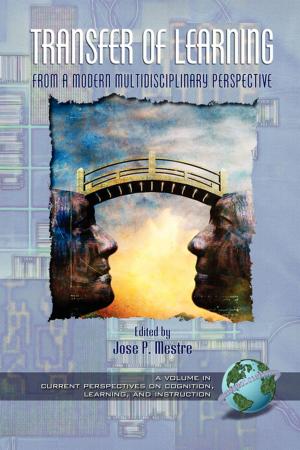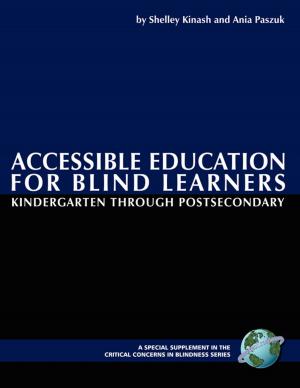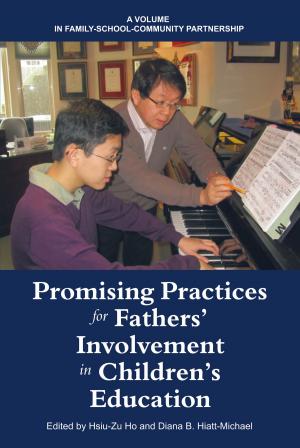Avoiding School Facility Issues
A Consultant's Guidance to School Superintendents
Nonfiction, Reference & Language, Education & Teaching, Administration| Author: | G. Kent Stewart | ISBN: | 9781607525844 |
| Publisher: | Information Age Publishing | Publication: | December 1, 2006 |
| Imprint: | Information Age Publishing | Language: | English |
| Author: | G. Kent Stewart |
| ISBN: | 9781607525844 |
| Publisher: | Information Age Publishing |
| Publication: | December 1, 2006 |
| Imprint: | Information Age Publishing |
| Language: | English |
This book can be used as a graduate school text for courses in school buildings and facilities. It is probably more suitable as a guide for practitioners especially school district superintendents in small to medium sized school districts. Such districts make up the majority of school districts in this country. Lunenburg and Ornstein (1996) reported that 38% of the 15,000+ school districts in America enroll fewer than 1,000 students; and another 37% enroll from 1,000 to 5,000 students. America is a country of relatively small school districts. The book opens with a brief overview of the history of twentieth century school buildings and moves from there into a brief discussion of the requirements of today’s school buildings as integral parts of the communities they serve. Citizens need to understand problems and issues involving their school buildings. Understandings are reached through practice of positive relations between school and community. Good public relations facilitates mobilization of the public to assure that school buildings ultimately serve the publics’ interests.
This book can be used as a graduate school text for courses in school buildings and facilities. It is probably more suitable as a guide for practitioners especially school district superintendents in small to medium sized school districts. Such districts make up the majority of school districts in this country. Lunenburg and Ornstein (1996) reported that 38% of the 15,000+ school districts in America enroll fewer than 1,000 students; and another 37% enroll from 1,000 to 5,000 students. America is a country of relatively small school districts. The book opens with a brief overview of the history of twentieth century school buildings and moves from there into a brief discussion of the requirements of today’s school buildings as integral parts of the communities they serve. Citizens need to understand problems and issues involving their school buildings. Understandings are reached through practice of positive relations between school and community. Good public relations facilitates mobilization of the public to assure that school buildings ultimately serve the publics’ interests.
